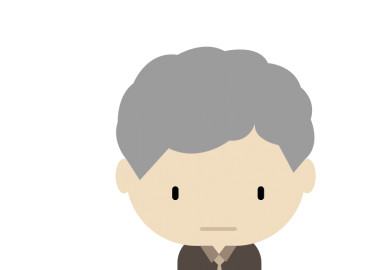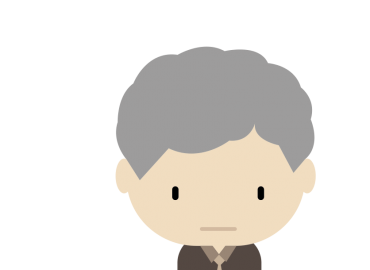Ray Naud
Expand the elements to view the case or download a printable version with the big orange button!
You are an FY1 doctor on duty in MAU at your local hospital. With the winter pressures, you have been asked by your medical registrar to help with clerking duties. The first patient you meet is an elderly gentleman named Ray Naud. He has some chronic problems but has presented with a fall.
Please take a full history, perform an appropriate examination and collate a list of differential diagnoses for this gentleman’s presentation. Moreover, please elicit this man’s expectations.
HPC: You are Ray Naud, a 79-year-old man. You have had multiple falls in the past, including one last week and the one yesterday that brought you into hospital.
You have a past medical history of orthostatic hypotension but on this occasion you felt your “knee give way” when walking down the stairs. Your knee has been causing you a great deal of discomfort over the past two years. The pain is sharp, is worse on movement/exercise and is often worse before bed. Both knees are affected, your left worse than the right. There is always a degree of stiffness but no signs of infection or inflammation. You also suffer from lower back pain. These pains have been present for 10 years but have worsened over the past two. When asked about CVS/neuro symptoms, you don’t have any, apart from previous dizziness/hypotension. This did not come about on this fall.
ICE: You think it might be arthritis, as you are getting on in years. You are worried how this affect your mobility in the future, you don’t want to become house bound and useless. When asked specifically about expectations, say that you want an MRI of your knees in order to determine the problem so that you can go back to playing cricket for your local team.
PMH: You take Tamsulosin for prostate problems and PRN paracetamol for your aches and pains. Your think you are very fit for your age given that you have always had a passion for sport.
SH: You live with your wife in a house with stairs. You feel you were coping ok at home because your wife helps with cooking and cleaning. You don’t smoke but you frequently drink bitter, up to three pints of Tetley’s every day. In the past you used to be a professional cricketer, playing for Yorkshire, however retired after multiple injuries to your back and knees with fast bowling. You are keen to make a comeback and join your local team.
FH: Your Dad had Rheumatoid arthritis, and your mother died of a “blood clot” during the pregnancy of your younger brother Joe.
The student should demonstrate a good falls history, and include questions specific to assessing for Osteoarthritis, ideally assessing for a differential for the cause of this fall. Any joint examination of the back or knees would be sufficient, however depending on the student’s differential diagnosis; a neurological or cardiac examination to rule out other causes of fall may be appropriate. A hip examination to rule out a fractured neck of femur would also be appropriate.
The student’s differential diagnosis should sound something like:
My differential diagnosis would be a fall, secondary to a polyarticular arthritis: specifically Osteoarthritis. This is due to Ray’s history of joint pain and stiffness, and lack of inflammatory symptoms. I would also want to rule out other conditions which can lead to falls. These would include cardiac causes such as syncope and arrhythmia, and neurological causes.
Example questions for discussion may include:
- How would you investigate this patient?
- How would you manage this patient and his chronic condition?
- What are the typical x-ray changes found in OA?
- How could Ray’s medications have contributed to his fall?
- What symptoms would suggest an inflammatory arthropathy was at play?
- What are the long term complications of OA?





